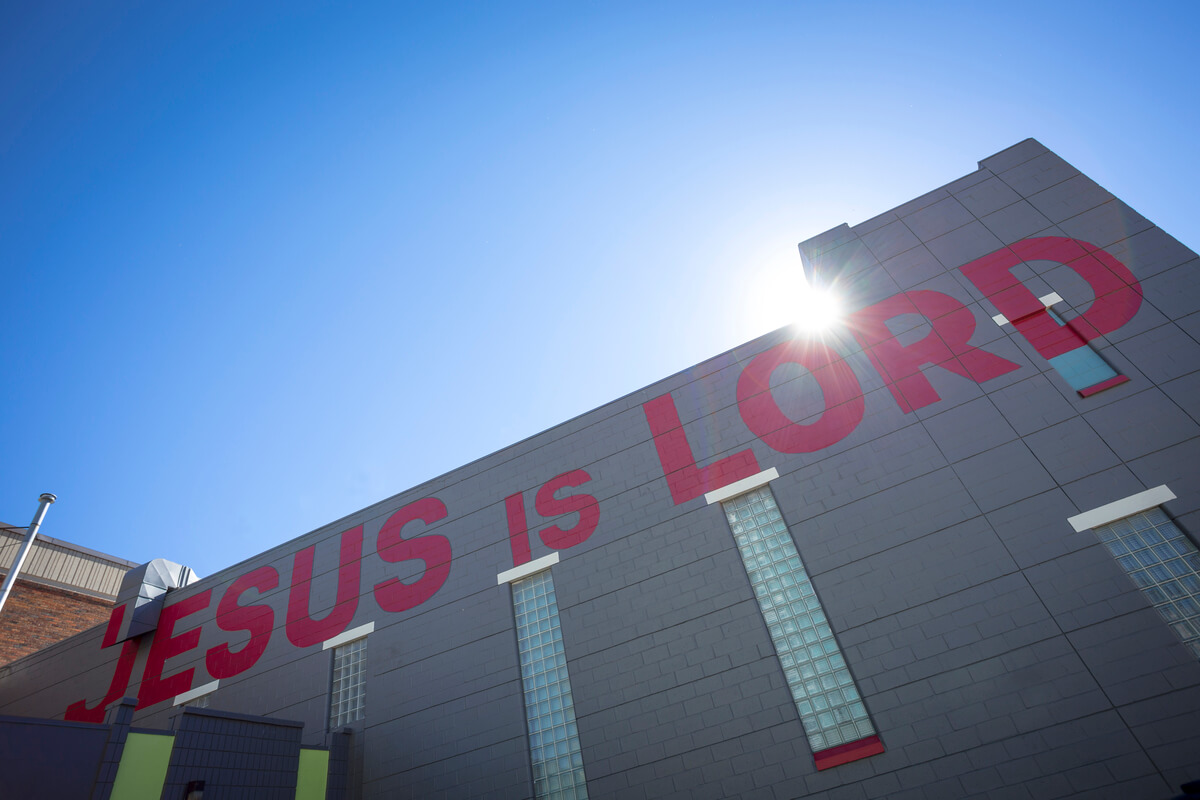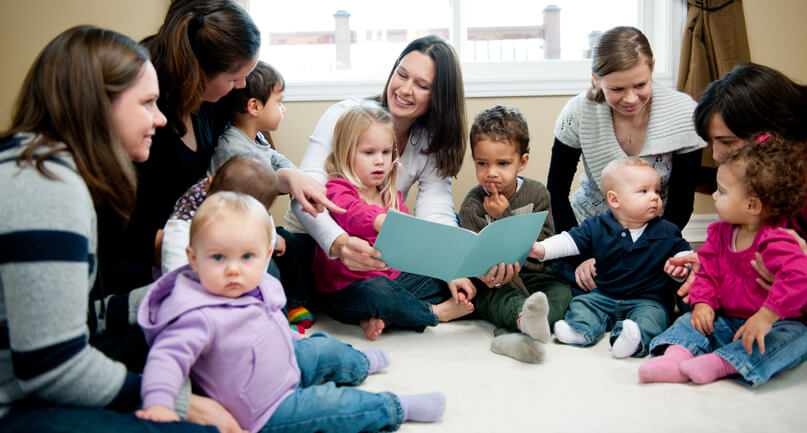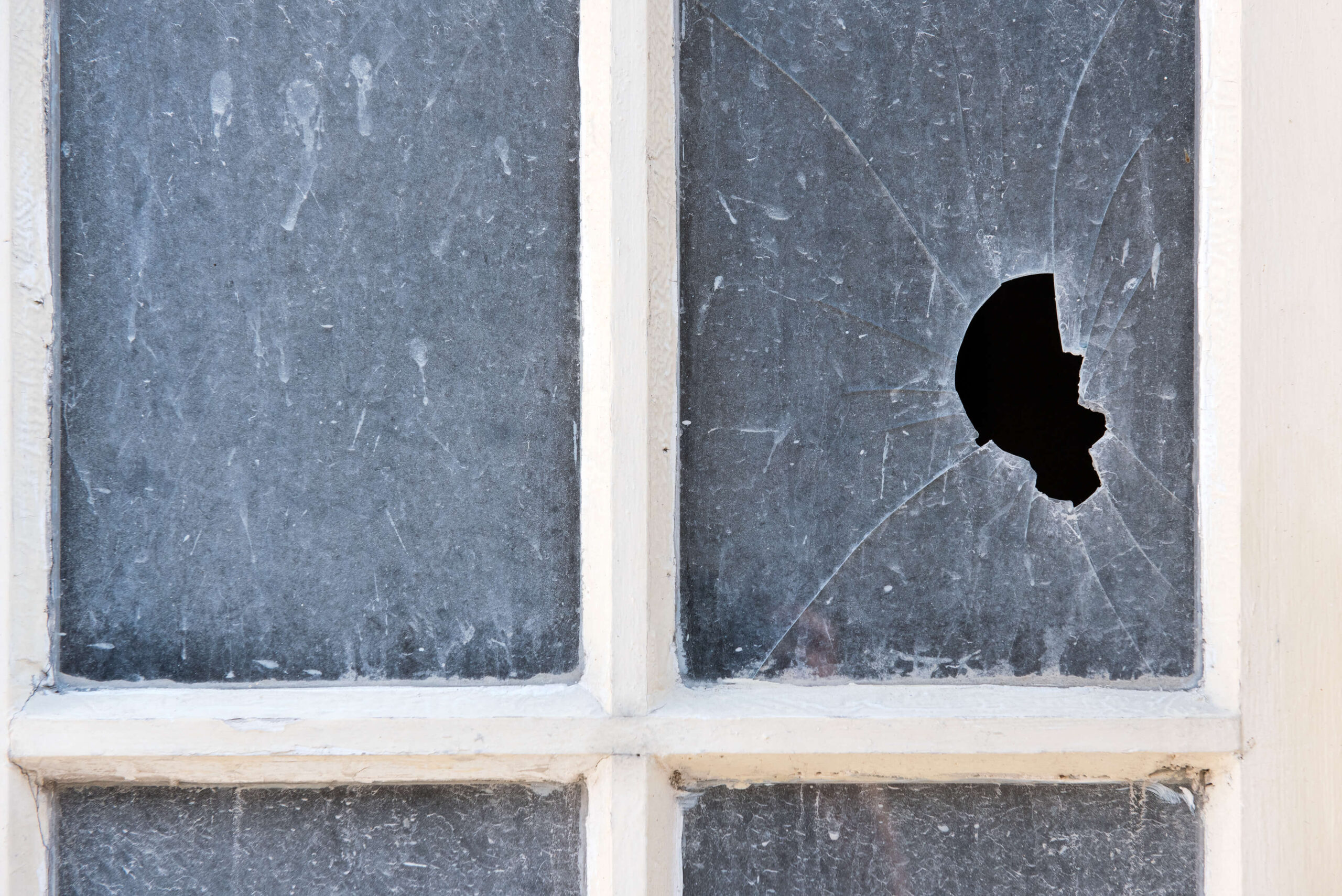Church Public Liability - Hall Hire
What your faith-based organisation needs to know...

Churches often choose to make their facilities available for hire for a wide range of activities and functions.
Community organisations may request to use your property to run conferences, training sessions, performances and presentations.
Individuals may request to hire your property for weddings or other social occasions.
Hiring facilities is not only a good source of additional income for churches but also fosters community spirit and relevance. However, it is important to have sound processes and expectations in place around the hire of your property, including proper usage, security, cleaning and insurance.
Following are questions we are regularly asked in relation to hiring out a church property:
We own our building and would like to make our facilities available for hire to other Community Groups. Will our Public Liability protect us?
Yes, Public Liability will protect you as a property owner if someone or something sustains loss, damage or injury caused by your negligence (i.e. poorly lit or uneven pathways creating the likelihood of trips and falls). It is important to realise that Public Liability is not an accident cover, and for a policy to respond there must be either an act or omission on your part in relation to your duty of care.
Your Public Liability, however, will not cover the activities of the hirer.
As part of the hire agreement, you must ensure that the hirer also has a current Public Liability policy in place that covers them on your property.
It is advisable that you obtain a copy of their Public Liability Certificate of Currency which will cover any incidents of property damage and/or bodily injury arising out of the event whilst at your premises.
Download Fillable Hire Agreement Template

A family would like to use our building for a family celebration. Who is responsible for the Public Liability?
As before, your Church Public Liability will respond to claims where you have been negligent as a property owner.
Loss or injury that results from the negligence of the host of the event, would require the host to have their own Public Liability Insurance in place for their event.
If the hirer is an individual (i.e. family engagement party), have the hirer check with their home insurance provider. Generally, in Australia, home and contents policies include cover for Legal Liability. In many instances, this will not just cover the policyholder for accidents at their own property, but also for incidents which may occur anywhere in Australia (or sometimes New Zealand or Worldwide depending on the provider). In this situation it is important that you still have a hire agreement in place which clearly stipulates both yours and the hirer’s responsibilities.
If the hirer does not have their own Home and Contents insurance policy, there are many providers in the market who are able to offer single event public liability which cover events like weddings, engagements and birthday parties.

What considerations should we make in relation to COVID-19 restrictions?
Your hire agreement should impose responsibility on the hirer to comply with COVID-19 restrictions and guidelines and should clearly state the implications of breaching COVID-19 restrictions.
You should also clearly document who is responsible for the additional costs of deep cleaning should a positive test for COVID-19 be returned by an attendee of the hiree at the site.
It is also important that you ensure that careful scheduling of events is undertaken to ensure there is sufficient time between hires for dispersal and cleaning of the venue.
We are hiring our building to a local community group. They have asked our Hospitality Team to provide catering for their function. Does our Public Liability cover us for the supply of food?
Most Public Liability products include cover for Products Liability which would respond if there was a claim resulting from food poisoning or an allergic reaction.
You need to ensure that proper food handling procedures are adhered to, good hygiene practices are followed and that you are appropriately prepared for incidents of food allergies. If you are providing catering for functions, you must have qualified Food Handler present.
If the hirer is to make use of your catering facilities, make sure they are well advised on the use of equipment and facilities.

Should we provide the hiree with a key to the church?
Do not issue keys to casual hirers. A nominated representative should be on hand to ensure facilities are locked upon completion of event and that the premises is in a satisfactory condition. If you must supply a key to the hirer, ensure that they only have access to the area being hired.
There have been many cases where the hiree has lost keys to the venue which poses a significant security risk. To avoid compromised security, it may be necessary to have locks altered, and master key systems changed. This can be a costly and inconvenient exercise for the landlord.
The hiree could be considered negligent for the loss and therefore the costs incurred to re-key the building. If the hiree has Public Liability Insurance, this would be able to respond on their behalf.
The hirer has requested to use our sound and lighting equipment. What is best practice in this situation?
If the hirer requests the use of your sound and lighting equipment, have a nominated representative on hand to run the equipment and ensure the correct use and security of all gear.
If this equipment is not part of the hire arrangement, ensure that it is appropriately secured in a locked room.

General Safety -Checklist
Before you hire the facility out, make sure the property is safe, and ensure that you alert hirers to any potential risks which may be present.
Clearly marked exits and emergency evacuation plans must be clearly displayed.
The following Housekeeping Checklist is a helpful resource to ensure that your property is well maintained and safe for all users.
Download Fillable Housekeeping Checklist
Hiring Out Your Church Facilities
Many churches around the country hire or rent properties to hold their services and programs each week. Whether it is the local school gym, the Council Community Centre or even another local Church’s building – what are your obligations?
Following are common questions we receive from churches who are hiring or renting property:
We hire the local Council Hall for our Church services. Who is responsible for the Public Liability risk, me or the Landlord?
It would be expected that both the Landlord and you as the Church should have Public Liability in place.
The Landlord has a duty of care to ensure that his property is maintained, and not likely to pose any risk of loss or injury to those who are using the facility. The Landlord would be required to hold Public Liability Insurance over his premises which would respond to any claims for loss, damage or injury brought against him which have arisen out of a breach of duty of care or negligence on their part. This could be a case where carpet is lifting in a walkway creating a tripping hazard, poorly lit walkways or stairs with inadequate or unsafe balustrading etc.
However, the Landlord is not responsible for the activities of you as hirer, therefore, your organisation must also have its own Public Liability in place which will respond to claims which may arise as a result of your negligence in the course of running your activities or programs
The law imposes a duty of care on individuals and organisations, including churches, requiring them to conduct their affairs in such a manner that they do not injure other people or interfere with their rights or property.
Claim Example:
A church had hired a Council property for their regular programs.
A boardwalk ramp to the front entry of the building had recently been resurfaced by a contractor engaged by the Council. Despite resurfacing the boardwalk was still slippery. A volunteer of the church slipped on the ramps and severely injured her back. After lengthy legal negotiations between insurers for the Council, the church and the contractor, it was determined that all three were equally liable for the injury sustained.
The Contractor for failing to resurface the walkway with a product that provided adequate slip resistance;
The Council for failing to take appropriate action to address the hazard; and
The Church for failure to erect warning signs that the surface was slippery, and for preventing access to the entrance until such time that the issue had been resolved.
The Landlord has asked for a copy of our Public Liability Certificate with their interest to be noted. Is this normal?
It is certainly not an uncommon request. Most insurers are happy to accommodate this request. In general, simply noting someone’s interest on a Public Liability policy does not confer any rights on that party to be able to make a claim. ‘Interested party’ is useful where a landlord wants protection under a public liability policy – but only if the policy is properly endorsed to give the landlord cover for his vicarious liability arising from the use and occupation of the premises by the tenant.
Noting the interest of a Landlord does not make you responsible for liability for which the Landlord would be accountable.
We have a 24/7 lease on a property. The Landlord requires us to have cover for Glass Breakage. Does our Public Liability cover this?
In most instances a Public Liability policy will not protect you for accidental breakage of glass. Public Liability responds where you have been negligent in causing damage to a third party’s property. Glass breakage often occurs because of a simple accident, not negligence. As such, it would be necessary for you to have either a separate glass breakage insurance policy, or in some cases, if you have a comprehensive contents policy (e.g. Industrial Special Risks (ISR) Property policy) for your church, glass breakage (including glass in a leased or rented property) can be covered.

We have a 24/7 lease on a property. The Landlord requires us to have cover for Glass Breakage. Does our Public Liability cover this?
It is important that you acknowledge their correspondence, however you should not admit liability, or simply agree to make any undertaking to pay costs without first discussing the matter with your Public Liability Insurance provider. Doing so, may prejudice your ability to make a claim if you have not allowed your Insurance provider the opportunity to assess the claim and determine if you are in fact responsible for the alleged damage.
Claim Example:
Some fixtures and fittings at a hired property were alleged to have been damaged during a youth event. The hiree proceeded to arrange repair/replacement without first contacting their insurer. The insurer was unable to consider any claim from the insured until such time that evidence of the loss had been substantiated and a formal request for reimbursement from the property owner had been received.
What if we don’t have Public Liability Insurance?
Firstly, this would be very unwise. Church Public Liability Insurance would protect your organisation against claims where it was alleged that you had been negligent in causing loss, injury or damage to a third party.
In the case of hiring a property, consider the following scenario:
An organisation has been hiring a school hall for their programs. It is alleged that members of the organisation had been flushing baby wipes down the toilets which caused a blockage of the pipes and subsequent damage to carpet.
It is unclear if the hiree has been negligent in causing the loss, however, having Public Liability in place would enable your insurer to investigate and, if necessary, defend any action that the hirer may take against you. Legal costs alone can be very expensive.
If your organisation does not currently have any Public Liability Insurance in place, and rents a property, contact ACS Insurance Services on 1800 646 777 and we will be happy to provide you with a quotation to meet your needs.
DISCLAIMER: The information on this website reflect some of the commercial aspects and potential risks/obligations for your Church, School or Organisation. The information is given as a guide only and does not represent a definitive list or legal view in any way shape or form. You are advised to seek your own professional advice on all your individual needs. ACS Financial Pty Ltd (ACN 062 448 122) (AFSL 247388).


